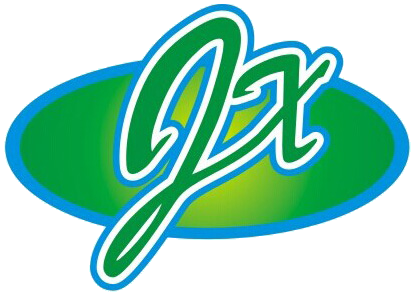
Permanent Magnet DC (PMDC) motors represent a crucial advancement within the realm of electric motors. Their operation hinges on the principles of electromagnetic properties, utilizing permanent magnets to create a steady magnetic field. Unlike traditional DC motors that rely on electromagnets, PMDC motors boast a structure that enhances efficiency and reliability, making them an ideal choice for diverse applications ranging from household appliances to sophisticated industrial machinery.
The design of PMDC motors is characterized by a simple and compact structure, allowing for smooth operation with minimal mechanical wear. As such, they have become indispensable in both consumer and industrial sectors. This relevance stems from their adaptability and proven performance.
A PMDC motor comprises essential parts including:
An understanding of these components is vital for grasping the functionality and efficiency of PMDC motors.
One of the standout features of PMDC motors is their exceptional efficiency. They can convert a significant portion of electrical energy into mechanical energy, often achieving efficiency rates above 90%. This high-efficiency operation results in reduced energy costs, particularly important in applications requiring prolonged usage.
Moreover, these motors do not require resistance for excitation, which means they help lower overall power consumption. This energy-saving characteristic has made them an attractive alternative in environments striving for sustainability, such as Green Technology and electric vehicle manufacturing.
PMDC motors excel at providing precise speed control along with high startup torque. This performance characteristic is particularly beneficial for devices such as power tools and small machinery, where precision and quick response to variable loads are essential.
The ability to finely control speed and torque allows engineers to tailor motor performance to specific applications, enhancing productivity and adaptability across various sectors.
In comparison to traditional induction motors, PMDC motors present numerous advantages:
These advantages solidify PMDC motors as a favorite choice in many modern technological applications.
PMDC motors are heavily employed in household appliances such as washing machines, vacuum cleaners, and hair dryers. Their compact design and efficiency cater to the growing demand for energy-efficient solutions in home technologies.
The automotive sector stands as one of the largest users of PMDC motors. From powering windshield wipers to assisting in electric vehicle propulsion, these motors are integral components within automotive design. Rising fuel costs and environmental concerns have driven innovation in this area, pushing the adoption of PMDC technology in various vehicle systems.
Industrial applications also benefit from PMDC motors, with usage scenarios including robotics, conveyors, and precision manufacturing tools. Their ability to maintain consistent performance under demanding conditions makes them suitable for a range of manufacturing processes.
The efficiency of PMDC motors is influenced by several factors such as design optimization, quality materials, and operational conditions. Employing high-grade permanent magnets like neodymium-iron-boron (NdFeB) improves magnetic performance, contributing to the overall efficiency of the motor.
Reliability is also paramount. Effective cooling methods and robust construction help PMDC motors withstand operational extremes, making them suitable for industrial applications demanding high durability.
Despite their many advantages, PMDC motors can face challenges. Common issues include overheating due to excessive current, demagnetization from material instability, and mechanical friction caused by inadequate adhesive performance to hold magnets in place.
Identifying these faults early through comprehensive monitoring is essential for maintaining performance and extending the lifespan of PMDC motors.
Routine inspections and performance evaluations using diagnostic tools can aid in swiftly addressing any operational anomalies. Regular maintenance and employing smart monitoring systems can effectively enhance long-term reliability.
A permanent magnet DC motor uses permanent magnets to create a magnetic field instead of electrical signals, enhancing efficiency and reducing maintenance needs.
PMDC motors are found in household appliances, automotive applications, and various industrial machinery.
PMDC motors are generally more efficient and simpler in design than induction motors, which often require more maintenance due to their complexity.
They achieve high efficiency rates, converting most electrical energy into mechanical output, significantly reducing energy wastage.
In conclusion, PMDC motors are at the forefront of modern motor technology, characterized by their efficiency, adaptability, and diverse applications. Their continuous evolution promises to propel innovations across various sectors.

2024 © Shenzhen Jixin Micro Motor Co.,Ltd - Privacy policy